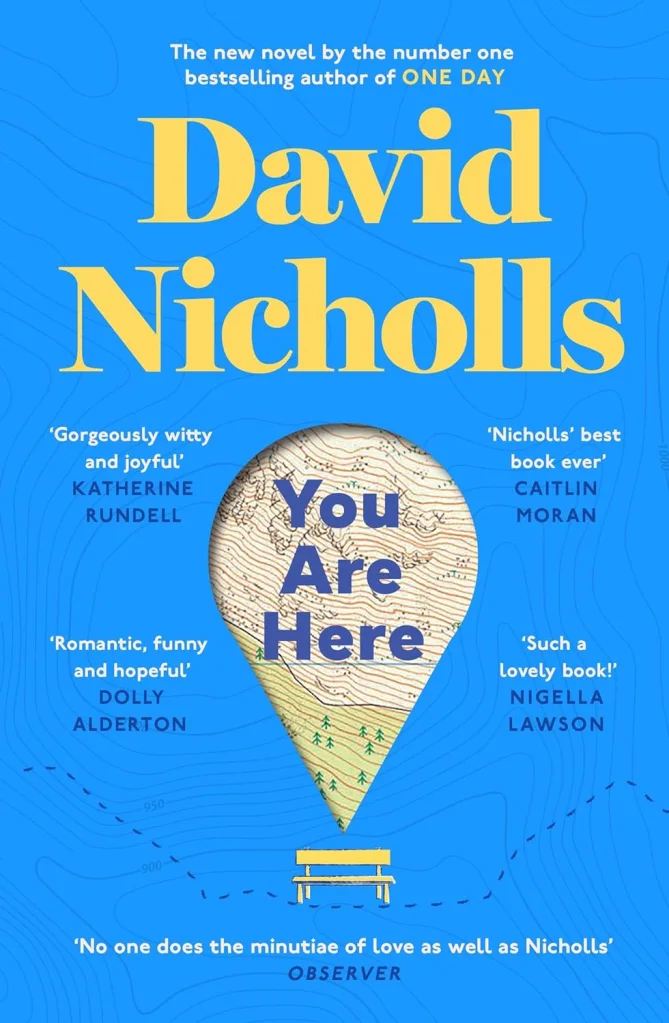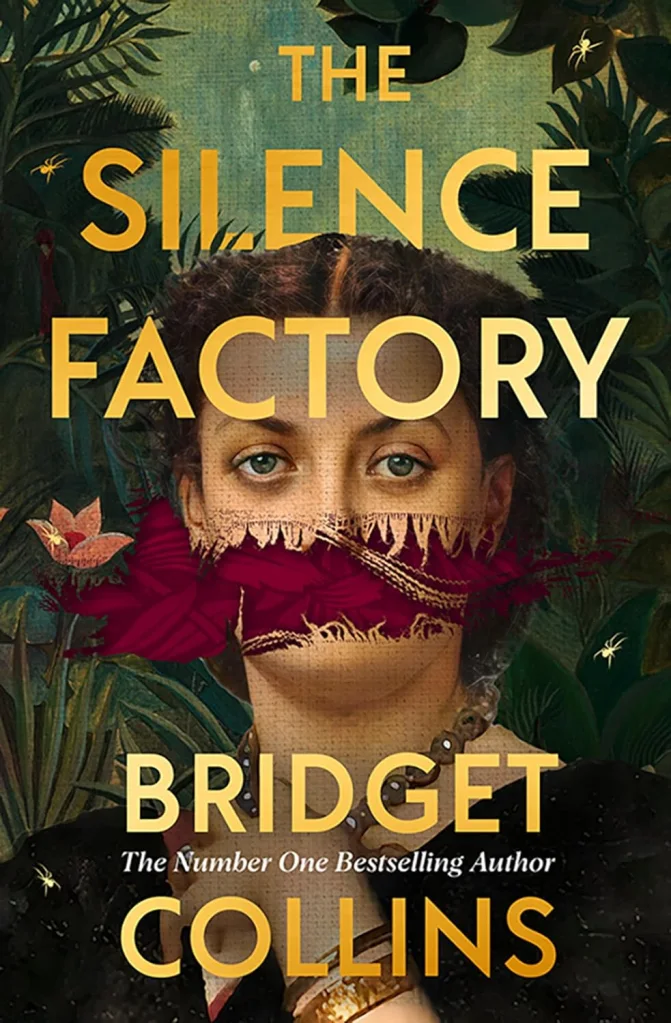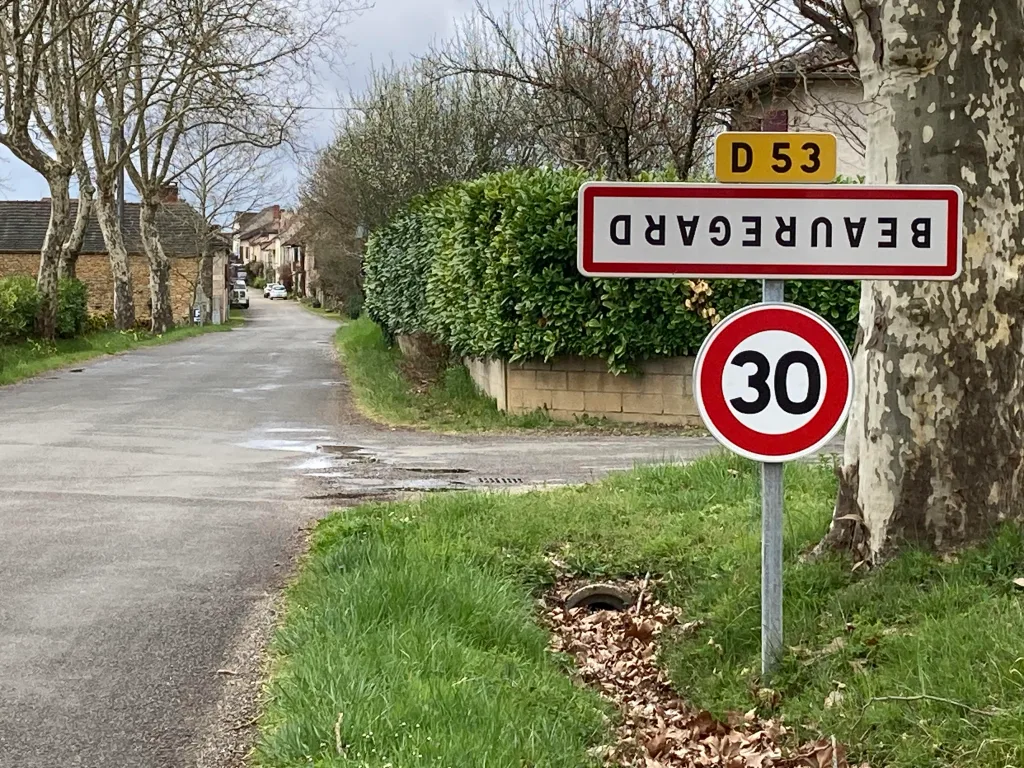It’s the local elections this coming Thursday and, for the first time ever, I won’t be voting.
Not for any reasons of self-righteousness, although my political fire has dimmed over the years to the point where it’s barely a spark. This is not surprising, given all the corruption and arrogance of our elected politicians in Westminster. That lot have ceased to have relevance to me, with so many of them only in it for themselves, which is something I never thought I’d hear myself say.
The local elections, though, are different. Or should be.
Our elected councillors are the women and men who can make a real difference to our everyday, local lives, although hamstrung by central government which has a habit of taking away funding and then blaming any shortcomings on the local council.
And, on the whole, local councillors get involved to make things better for their local area. It’s easy to criticise and make unfair assertions about their motives. It can be a thankless job but someone has to do it on our behalf. That’s what democracy is all about. They work for us (as do the MPs, but that’s another story).
This year, I’m in France, and, although I registered for a postal vote in good time, the paperwork hasn’t arrived. Time is ticking away and I fear I will not be able to cast my X in the box, as I have been doing since I was an eighteen-year-old firebrand.
These days, I am a lapsed revolutionary but I still make a point of visiting the polling station on election day, particularly as women fought so hard, all over the world, for the vote.
This year, however, I’ve been disenfranchised by the vagaries of the British and French postal system.
To be honest, though, it solves my dilemma. My heart would dictate I vote one way, which would be a waste of time. I could never vote another way, as it’s not part of my DNA although I am sure the candidate would and could do a very good job on behalf of the local community.
I would have been tempted to vote another way apart from the candidate, who, frankly, I would not go near with a proverbial bargepole, except perhaps to use it to knock their ego into touch.
So, at least I have an excuse for my lack of enthusiasm.
There’s also the vote for the police and crime commissioner which, I think, leaves most people cold because we don’t really understand the role. Now, if the candidate for police commissioner was Tom Selleck as Frank Reagan (below) in the American police procedural drama television series Blue Bloods, well, that might be different.

However, if you care about your local community and you’re registered to vote, please use it, and use it wisely. And don’t forget to take some form of photo ID with you, otherwise you won’t be allowed to cast your vote at all.






